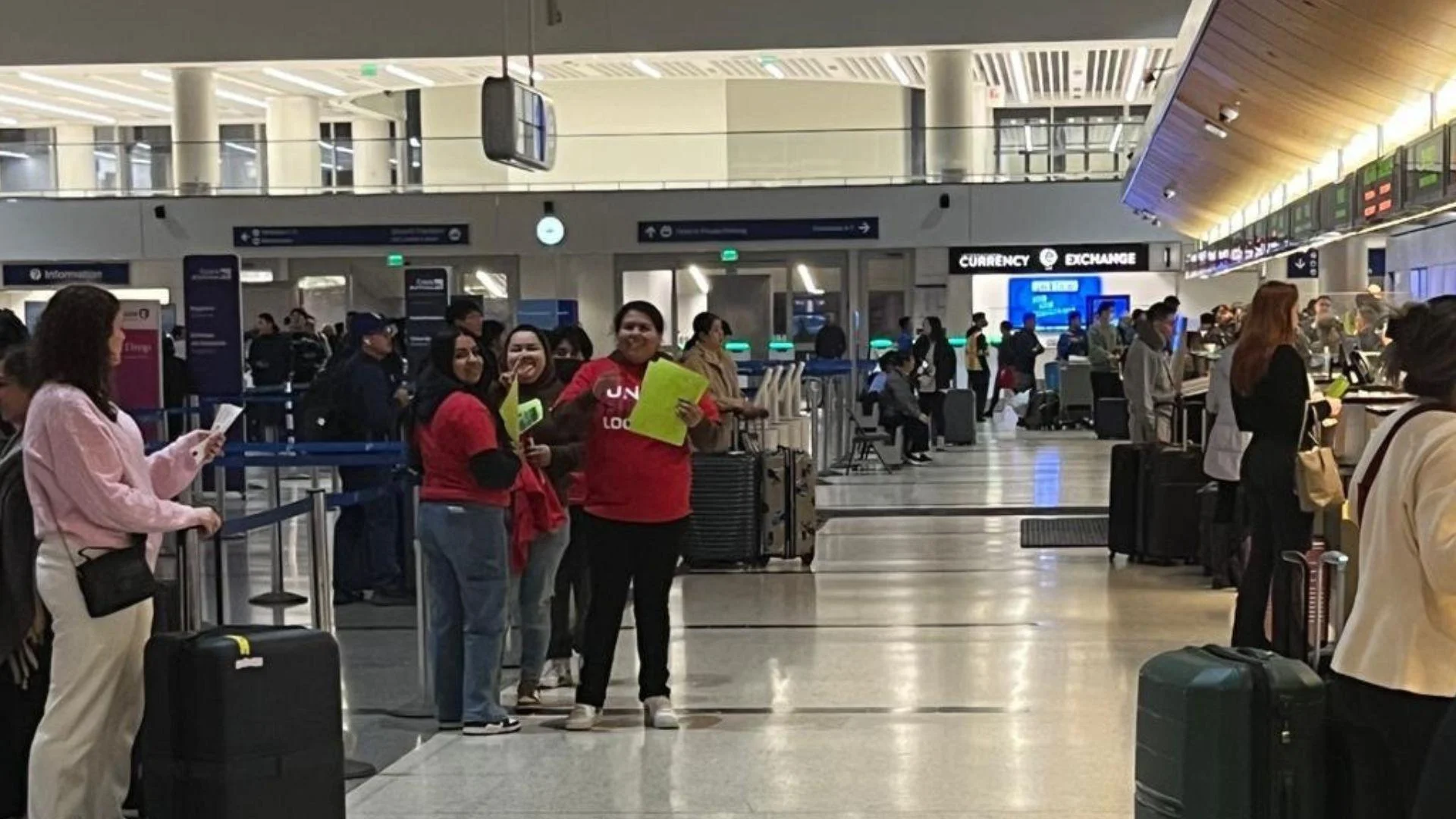Bombardier President and CEO Éric Martel stated that growth will shift towards Globals in 2025 with the transition to the Global 8000. He confirmed that its first delivery remains on track for year-end.
Despite a strike at Bombardier's Global production plant in Toronto earlier this month affecting operations for eleven working days and delaying "a couple of tails," Martel reaffirmed guidance to deliver between 150 and 155 aircraft this year. He noted that most Globals scheduled for delivery have already entered completions and plans are in place to catch up in subsequent quarters.
“We have seen a growing trend of workforce disruptions. Negotiations are getting more complex and frankly harder. It's becoming a reality across many industries,” Martel said. “We came to a fair solution that supports our people, as well as the company's long-term goals.” He added that there is “a bit of pressure” created by delays but efforts are underway to address them.
Bombardier maintained a book-to-bill ratio of about 1:1, with backlog increasing by $700 million in the first half to reach $14.9 billion.
On service revenues, reaching $507 million this quarter keeps Bombardier on track to achieve its goal of $2 billion annually—ahead of schedule by one year.
However, supply chain issues remain a concern, particularly regarding engines. “Supply chain is still a headwind,” Martel acknowledged. “Ultimately, our biggest area for intervention remains on the engines.”
Martel expressed optimism about future prospects due to strong business performance in North America and Asia and growth in its defense sector showcased at Farnborough International Airshow. He highlighted key wins and ongoing discussions with potential customers.
While defense was emphasized at Farnborough, business aviation will be featured at other sector shows including NBAA despite skipping EBACE this year—a move also made by competitor Gulfstream.
 Alerts Sign-up
Alerts Sign-up




































